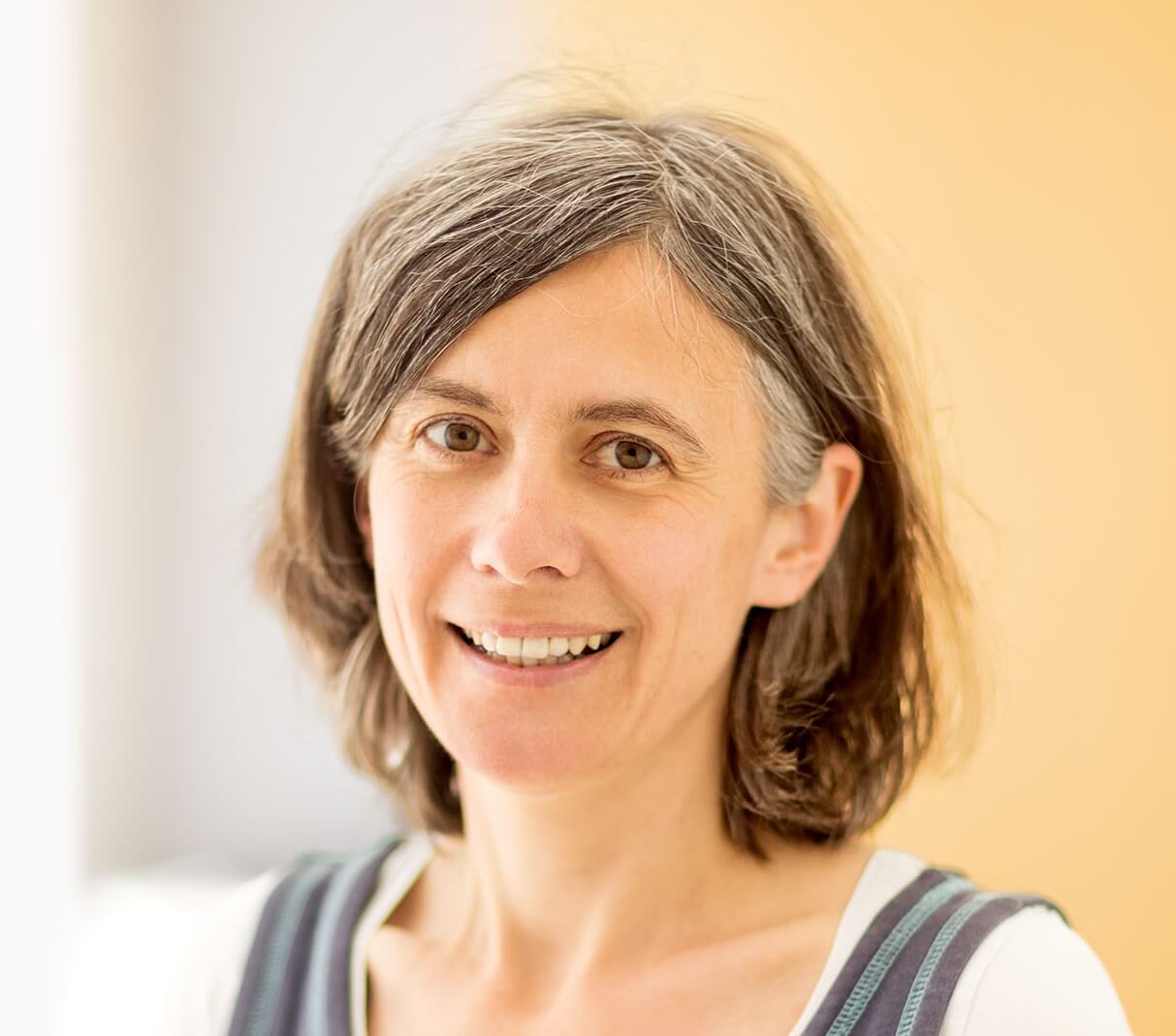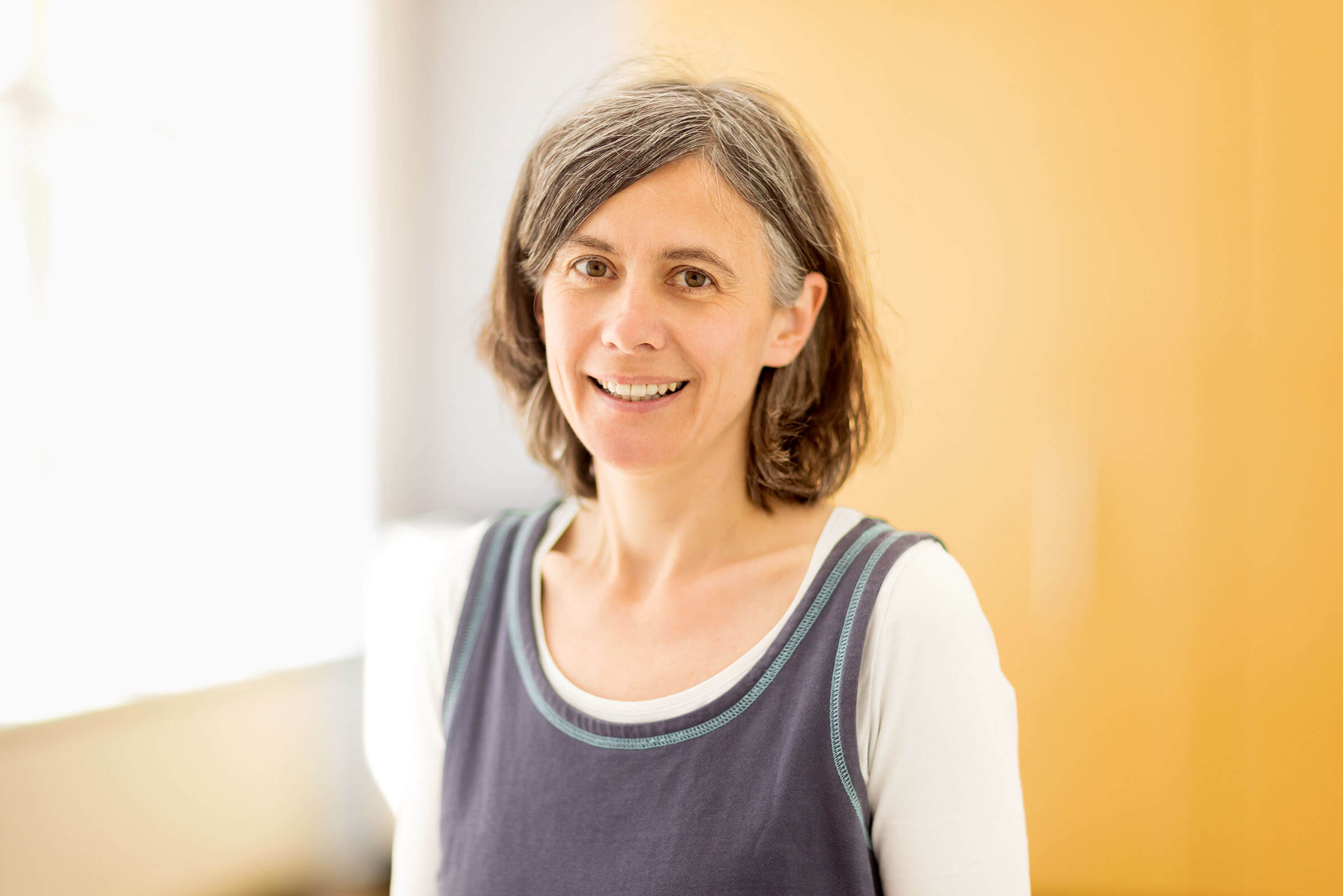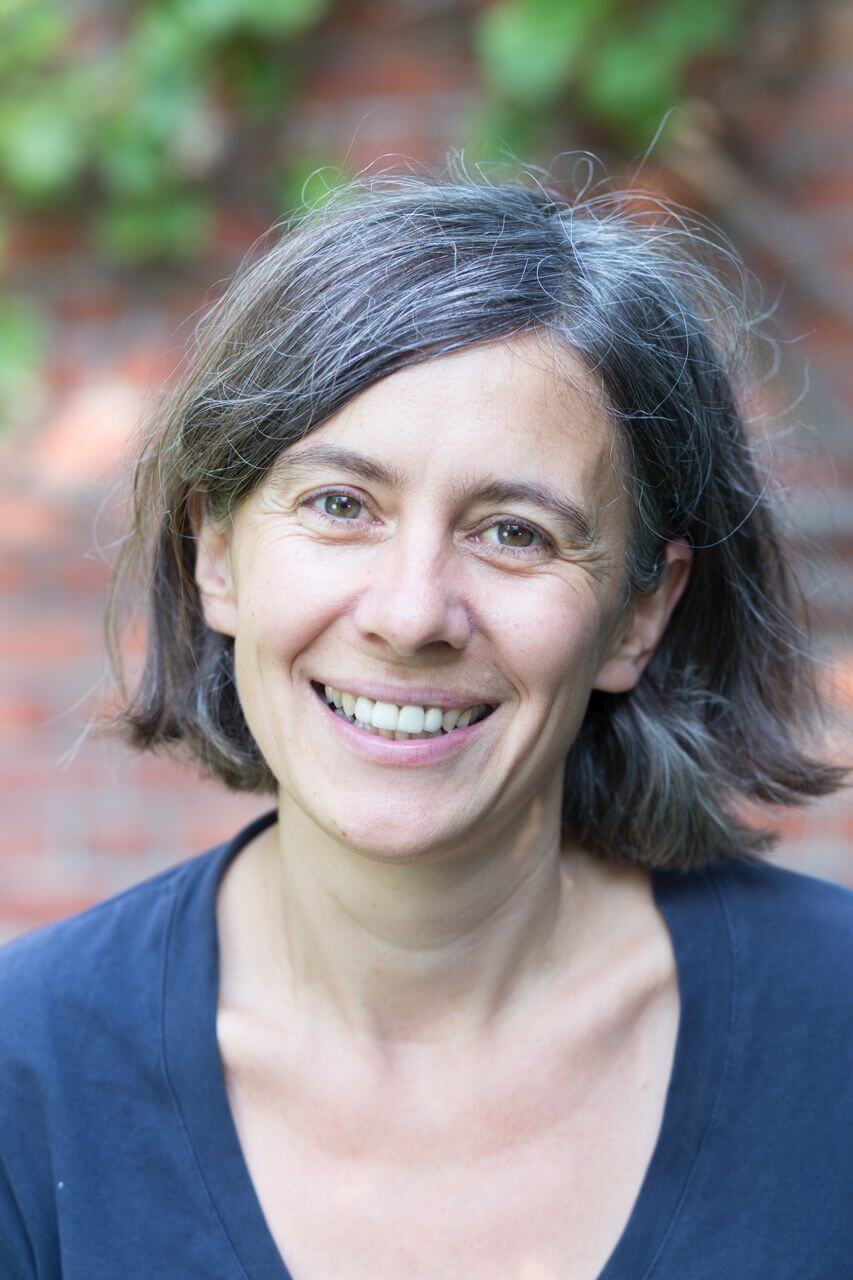Born in Berlin, Germany in 1978, Franziska Tanneberger is a peatland research scientist and since 2015 Director of the Greifswald Mire Centre (GMC). In her 2023 post-doctoral thesis, she explores biodiversity and ecosystem services of near-natural and rewetted fens in Central and Eastern Europe.
In 2022/23 Tanneberger was a member of the Leopoldina working group developing a statement on floodplains and peatlands, and in 2020/21 Chair of the Future Council of Mecklenburg-Western Pomerania (MWP) at the state chancellery of MWP. Since 2018 she has been a board member of the International Mire Conservation Group (IMCG) and the German Ornithologists’ Society (DO-G).
In August 2024, Franziska Tanneberger was honoured with the German Environmental Award from the German Federal Environmental Foundation (DBU).
Franziska Tanneberger was appointed to the German Council for Sustainable Development in January 2023.
Three questions for Dr Franziska Tanneberger
Let’s get to it: What does sustainability mean to you? What do you associate with the term?
Dr Franziska Tanneberger: For me, a good way to conceptualise ‘sustainability’ is to consider the corresponding verb ‘to sustain’, meaning to strengthen or support someone or something… We need sustainability to support a lasting future on this planet. But it’s also something pretty abstract that we need to translate into everyday life in the real world.
What is your personal priority in your work as part of the Council for Sustainable Development?
In a council like the RNE, I see our work more as a joint learning process than primarily as a way to advance an individual agenda. In its current configuration, the RNE is an excellent platform to develop new ideas for implementing the universally recognised – but rarely applied – principle of thinking about and solving social, environmental and economic issues holistically. Particularly close to my own heart is looking to nature to learn how to protect the climate, namely how ecosystems like moors, forests or floodplains can help us achieve greenhouse gas neutrality and adapt to climate change. Germany was the very first country in the world to set a climate protection target back in 1990. Since then, however, the goal and the reality have drifted further and further apart, not least in the area of land use, where biodiversity conservation offers so much potential for synergies.
In the context of sustainability, what do you believe will pose the greatest challenge in the coming years?
Implementing sustainability in the real world.
Curriculum vitae
Dr Franziska Tanneberger detailed CV available to download (PDF, 110 KB)
Quote
“Sustainability – along with peaceful coexistence – is one of the greatest challenges facing us as human beings. Both always start with us and in small ways. And helps us see the big picture and our responsibility for all future generations.”
Press photos
This press photos can be used free of charge for media coverage when connected with a copyright note.
To download the photo in high resolution we recommend to click the link with the right mouse key. The photo file can then be saved to your computer via the context menu “Save target/link as…” (or similar).


